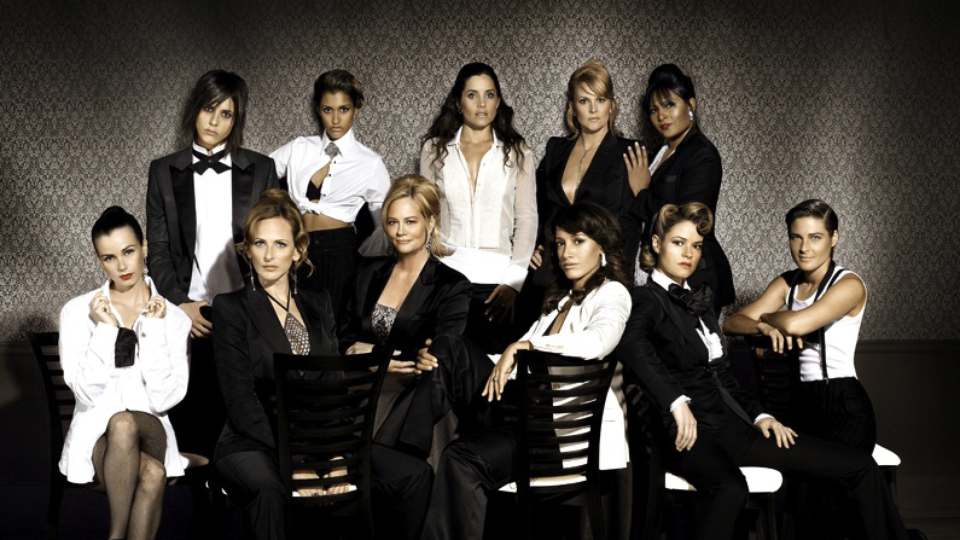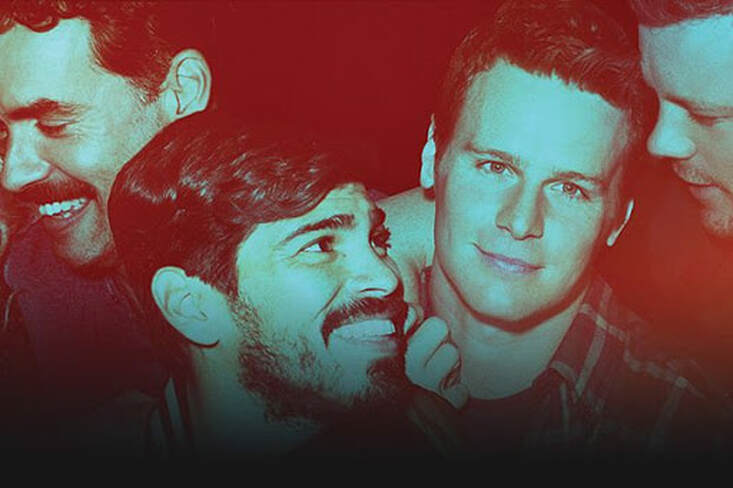This article contains spoilers for The L Word, spoilers up to and including Season 6 of Pretty Little Liars and a spoiler for The 100.
The L Word was undoubtedly a vital show. It remains enormously important to lots of people as it marked a welcome shift in a post Queer as Folk media landscape, with its unapologetic and explicit focus on female sexuality, same-sex desire and lesbian characters. The show did many important things, including talking openly about women's sexuality, challenging heteronormative relationship constructs and addressing political issues of its time, such as the U.S. military’s ‘Don’t Ask, Don’t Tell’ policy.
However, a recent re-watch of the show in anticipation of a reboot did raise some issues around the handling of bisexuality and trans experience. In this piece I revisit and expand upon some thoughts I touched on an earlier piece What About the 'B' Word? about bivisibility in mainstream television.
The L Word was undoubtedly a vital show. It remains enormously important to lots of people as it marked a welcome shift in a post Queer as Folk media landscape, with its unapologetic and explicit focus on female sexuality, same-sex desire and lesbian characters. The show did many important things, including talking openly about women's sexuality, challenging heteronormative relationship constructs and addressing political issues of its time, such as the U.S. military’s ‘Don’t Ask, Don’t Tell’ policy.
However, a recent re-watch of the show in anticipation of a reboot did raise some issues around the handling of bisexuality and trans experience. In this piece I revisit and expand upon some thoughts I touched on an earlier piece What About the 'B' Word? about bivisibility in mainstream television.


